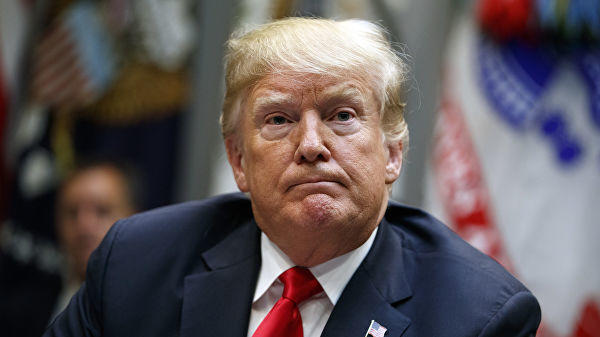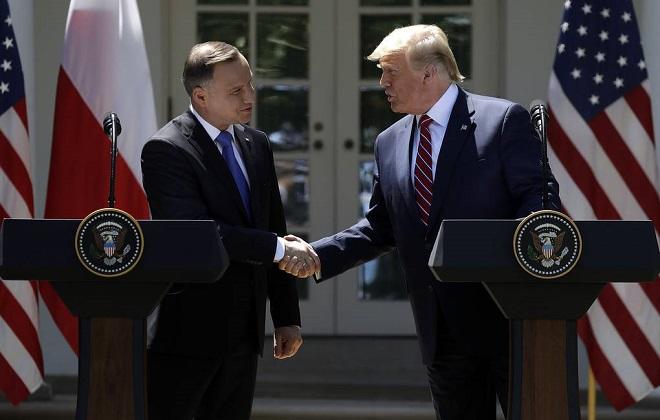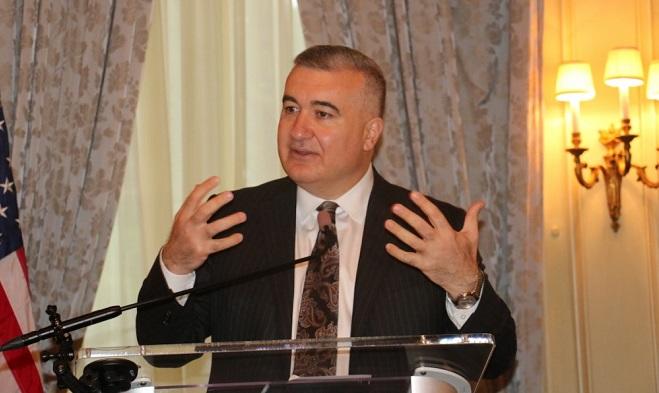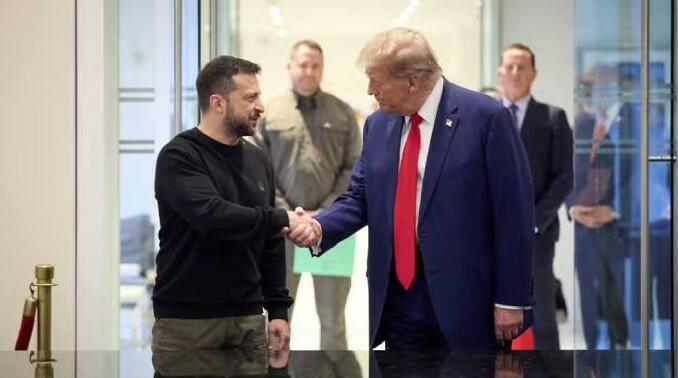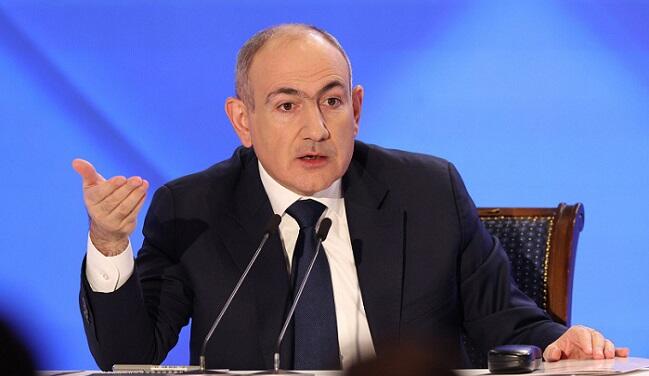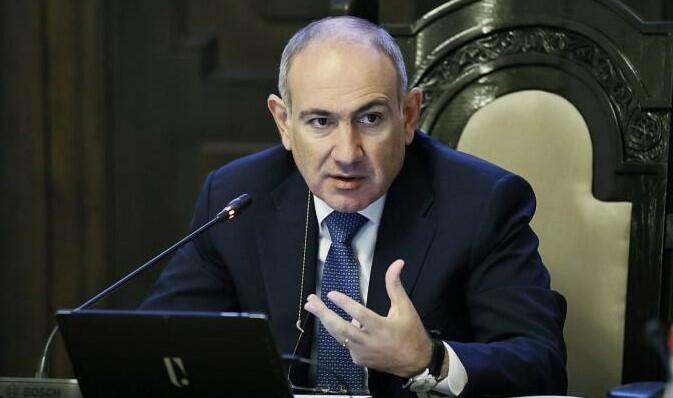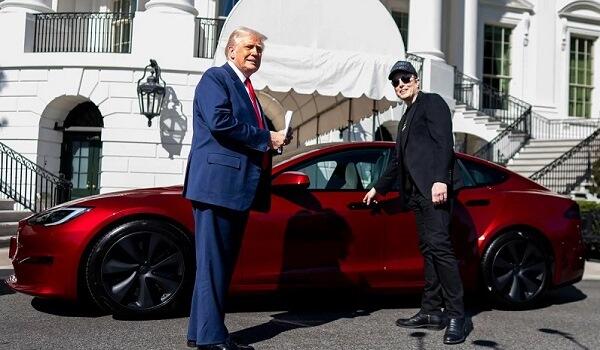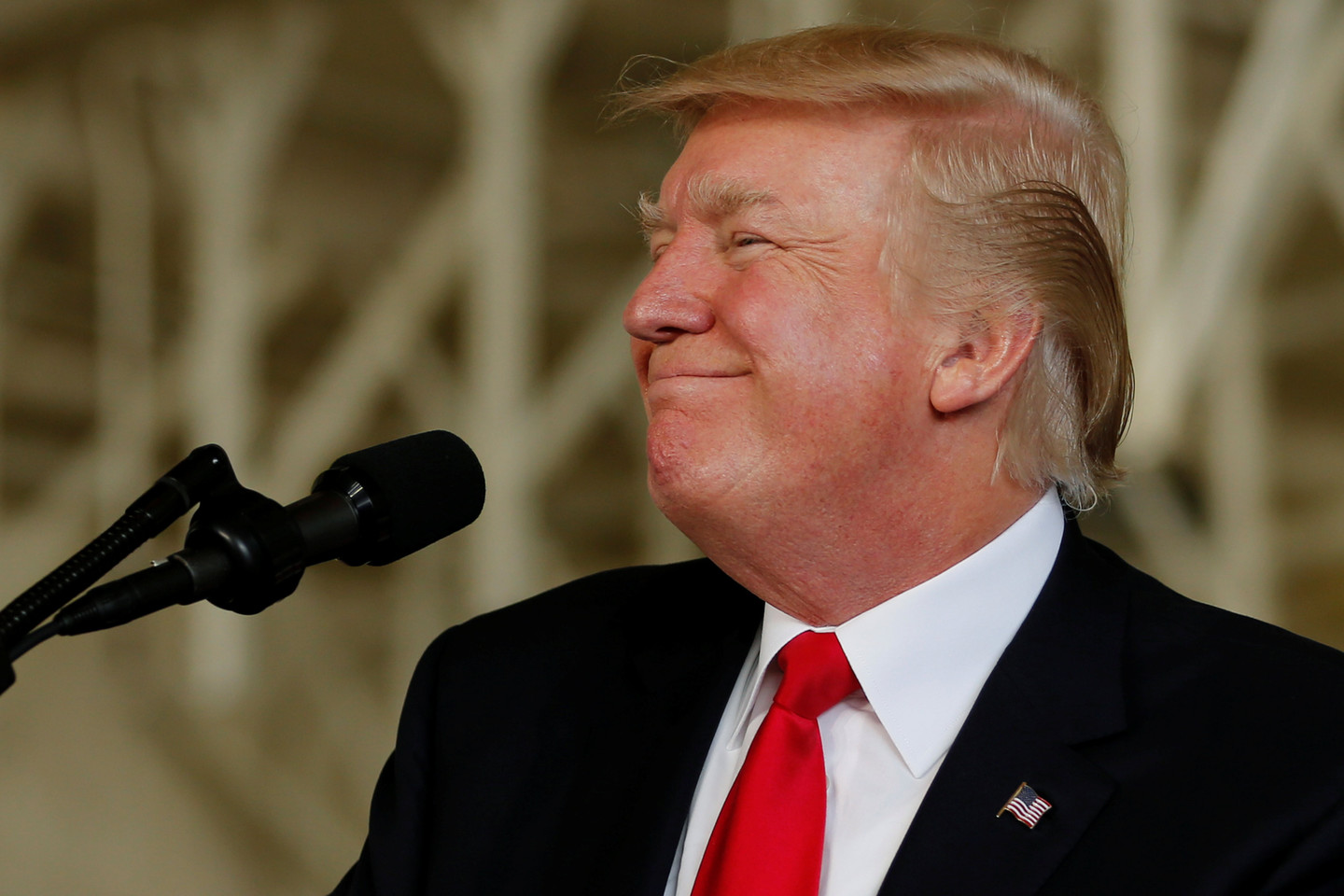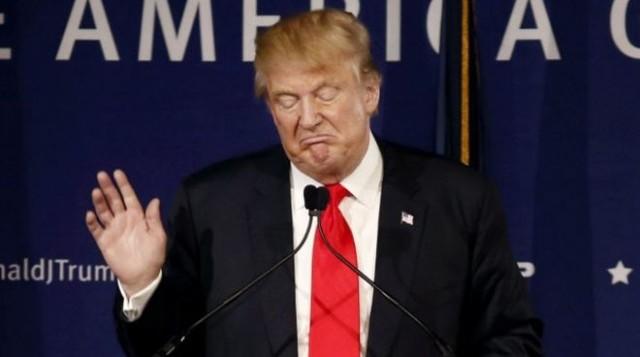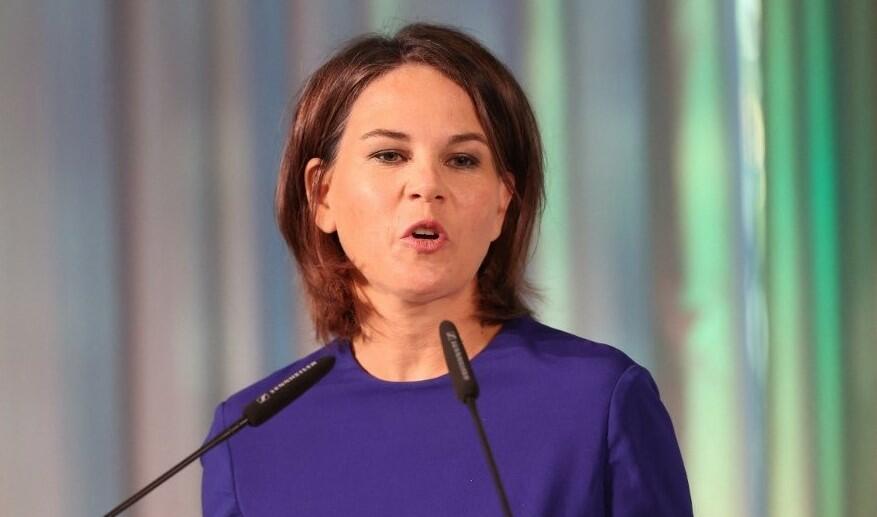In Congress the dam finally broke last week: With the death of the Republican health care bill, Senate Democrats allowed dozens of nominees and bills to pass before lawmakers all scattered for August recess. Even the White House had a relatively quiet week as his new chief of staff, John Kelly, became acquainted with his new job and imposed new rules around the Oval Office.
Axar.az reports citing Politicio, President Donald Trump, as usual, couldn’t keep out of the headlines: Transcripts of his January phone conversations with the leaders of Australia and Mexico leaked to the media and he held a campaign-style rally in West Virginia on Thursday night. Outside the West Wing, Trump’s agencies had a busy week—again, largely out of the spotlight. The Department of Homeland Security took a step toward building a border wall; the State Department moved toward “extreme vetting” of visa applicants. Plus, the Food and Drug Administration had a surprise announcement on tobacco products. Here’s what you need to know this week about how Trump really is changing policy in America:
1. DHS waives laws to help build a border wall
Congress doesn’t appear very interested in funding Trump’s promised wall on the U.S.-Mexico border. Senate Republicans, for instance, introduced a $15 billion border security bill this week—and none of that money was earmarked for the wall. Democrats are refusing to vote for any bill that includes border wall money.
But the Trump administration is continuing to take steps to build an actual, physical wall. On Tuesday, the Department of Homeland Security issued a notice that it was waiving more than three dozen environmental laws in order to build border wall prototypes along with a 15-mile border in the vicinity of San Diego, California. The waived laws include the Endangered Species Act, Clean Water Act, Safe Drinking Water, and the Antiquities Act, freeing the government from costly regulations like environmental reviews. The notice is still a small move since the department has only about $20 million to construct the prototypes—money repurposed from other accounts. But it’s another signal that Trump isn’t backing down from his wall.
2. Trump targets a major financial regulation
In the aftermath of the financial crisis, Congress passed the Dodd-Frank Act, a law intended to protect consumers, tighten up oversight of banks and prevent another deep recession. Republicans for years have complained that the law was unduly harsh, discouraging banks from lending and contributing to the slow economic recovery.
On Wednesday, the Trump administration took a first step to reforming a major component of the law, known as “Volcker Rule,” which prevents banks from risking depositors’ money on certain speculative investments. The Office Comptroller of the Currency, an independent agency currently run by Acting Director Keith Noreika, who Trump appointed in May, requested comments on revising the Volcker Rule, a clear sign that he intends to change the underlying regulation.
This won’t be a quick process: Dodd-Frank was passed in July 2010 and the final Volcker Rule wasn’t released until December 2013. Despite its seeming straightforward nature, the rule is incredibly complicated, running 272 pages and crafted by four agencies, along with the OCC. Any changes to the rule will require approval from those other agencies—the Federal Reserve, SEC, FDIC and CFTC. Still, the OCC’s notice is a clear message to Wall Street: a new cop is on the beat.
3. A setback for the Department of Education
Sometimes rolling back Obama’s legacy is harder than expected. In May, Betsy DeVos, the secretary of education, announced that the Education Department would select a single company to service the agency’s $1.2 trillion portfolio of student loans. The Obama administration had intended to spread different aspects of loan management—such as consolidation, financial reporting, and default—among multiple companies.
The move sparked an immediate backlash from Democrats, and some Republicans, who said the competition was needed to ensure that servicers had the best interest of students at heart. This week, DeVos abandoned those plans, canceling a solicitation for bids to manage the loan portfolio. The agency will now seek a new “more innovative approach” to managing the portfolio and is collecting feedback on how to do so. The reversal is a lesson for the Trump administration that Obama’s regulatory legacy is not always so easy to tear down.
4. State Department begins “extreme vetting” rule
Much of Trump’s March executive order preventing people from six Muslim countries from entering the United States remains blocked by the courts. But the Trump administration is moving forward with the parts of it that aren’t blocked.
On Thursday, the State Department published a notice in the Federal Register soliciting comments on its proposal to begin the “extreme vetting” that Trump promised in his campaign. The agency intends to collect a wide array of information on a “subset of visa applicants,” including their travel, address and employment histories, names of siblings and children and social media information. The proposal requires more information from applicants than the current visa application but doesn’t represent a radical departure from past department practices. The agency is accepting comments for 60 days and will issue a final decision soon thereafter.
5. The FDA makes a mixed move on tobacco
In May 2016, the Food and Drug Administration in a landmark move imposed the first real rules on electronic cigarettes, banning their sale to people under the age of 18 and requiring companies to apply to the FDA for approval of the product. Democrats cheered the announcement for instituting long-overdue oversight of the industry while Republicans said it was misguided, potentially causing Americans to smoke regular cigarettes over the electronic versions.
Under the FDA’s original rule, companies with markets currently on the market had two years to apply to the agency to market e-cigarettes and premium cigars. Earlier this year, the FDA extended that deadline by three months. Now, new FDA Commissioner Scott Gottlieb is postponing that deadline for five years, effectively killing it for Trump’s entire first term.
That looked like a rollback of tobacco restrictions—but at the same time, the agency said it would examine whether to lower the amount of nicotine in traditional cigarettes, a surprise announcement that worried the tobacco industry. The dual changes split the traditional party-line approach to tobacco regulation—Democrats in favor of it, Republicans against—and are sure to set up a knockdown fight with the industry if the FDA really does decide to reduce nicotine levels. Stay tuned.













